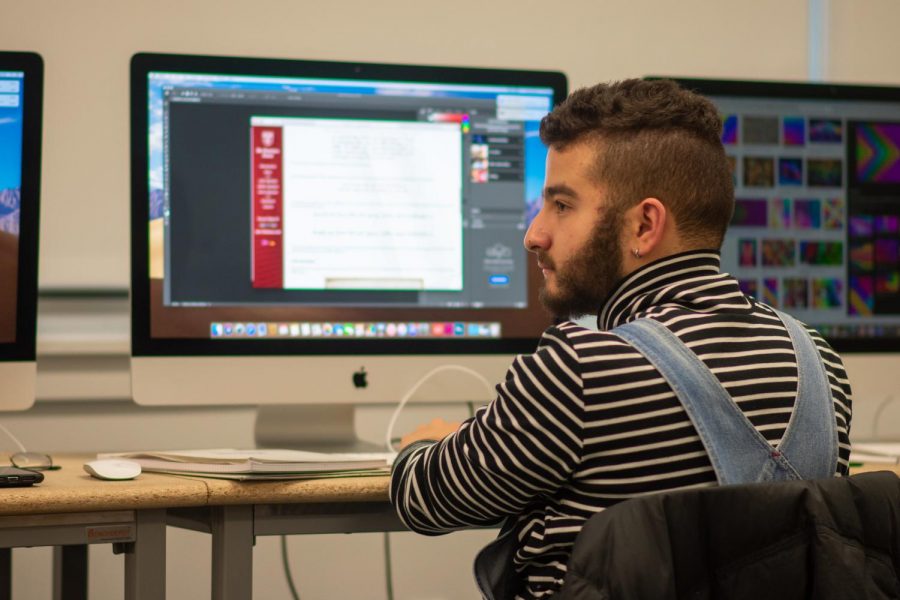On Monday, I had my first live Zoom class. I was optimistic about the experience at first. It felt almost normal, or as much as can be said during these times, to see my professor again and be present “in class.”
Then, problems quickly became apparent.
Throughout the 45-minute period, my professor’s Zoom connection failed five times. Even when she was connected, the transfer of information from professor to student was choppy due to the lagging technology slowing down the efficiency of the learning.
The University of Massachusetts made its attempt at converting all University classes to remote learning this week. Although disheartened that the remainder of my spring semester was cut short due to concerns of an exponential spread of COVID-19, I completely support the University’s decision. I knew that the switch to online learning was a necessary health precaution. That being said, I have been wary of the actual transition of class material to an online setting.
During the switch, many teachers have opted for different teaching techniques. Some of my teachers have implemented programs such as Zoom, VoiceThread, Calendly, Echo360 and GradeScope – not to mention increasing the use of Moodle, UMass’ main server for students to access class information and grades.
While to some it might sound more convenient to do work from home, not all UMass students have access to the resources necessary to succeed in online learning. At home, my internet connection is unreliable. Using Zoom, specifically, is difficult for me as the visual and audio connection is often unclear. With thousands of college students across the country using similar web platforms at the same time, it is challenging for the broadband width and server capacity to function at a normal level.
Moreover, other students live in housing situations that make it difficult to be productive and have a quiet space to work. With most public areas closed due to the virus, it is difficult for students to find a refuge from unproductive environments in order to be academically successful. It is problems like these that professors should consider when determining how their class will transition to remote learning.
I am not a stranger to remote learning. I have taken two online summer classes previously and enjoyed them both. I realize that UMass’ integration of online education came suddenly, and I do not expect the University to have perfected the art of a virtual classroom right away. Integration to online learning is hard enough as it is, and professors should try to understand the many issues that specifically arise from using live programs like Zoom. I just hope that professors and other faculty members can realize how difficult it is for students to get the most out of online learning when they may be struggling with other issues and situations at home that they would not have at school.
Many of my professors have decided to upload lectures and video content for us to watch on our own time. This allows international or out-of-state students to log in and watch whenever is most convenient for them and gives students such as myself a better learning experience. Downloading prerecorded videos is often transmitted much more clearly than live streaming.
For classes where attendance is mandatory, there are functions on other programs that allow professors to track who is logging in to watch the lectures even if there is no scheduled time to do so, like with live Zoom lectures. This feature allows professors to maintain a sense of who is putting effort into the class, which is even more important in online learning than in a traditional classroom setting.
Programs like Zoom should not be mandatory for students, as there are other ways of uploading material so that students can view them at their convenience. Yes, some classes greatly benefit from live, real-time feedback, but teachers must consider that the technological inconveniences and annoyances that can be associated with the software can be more detrimental to students than simply suspending “in-person” learning altogether.
Alanna Joachim is a Collegian columnist and can be reached at [email protected].



















